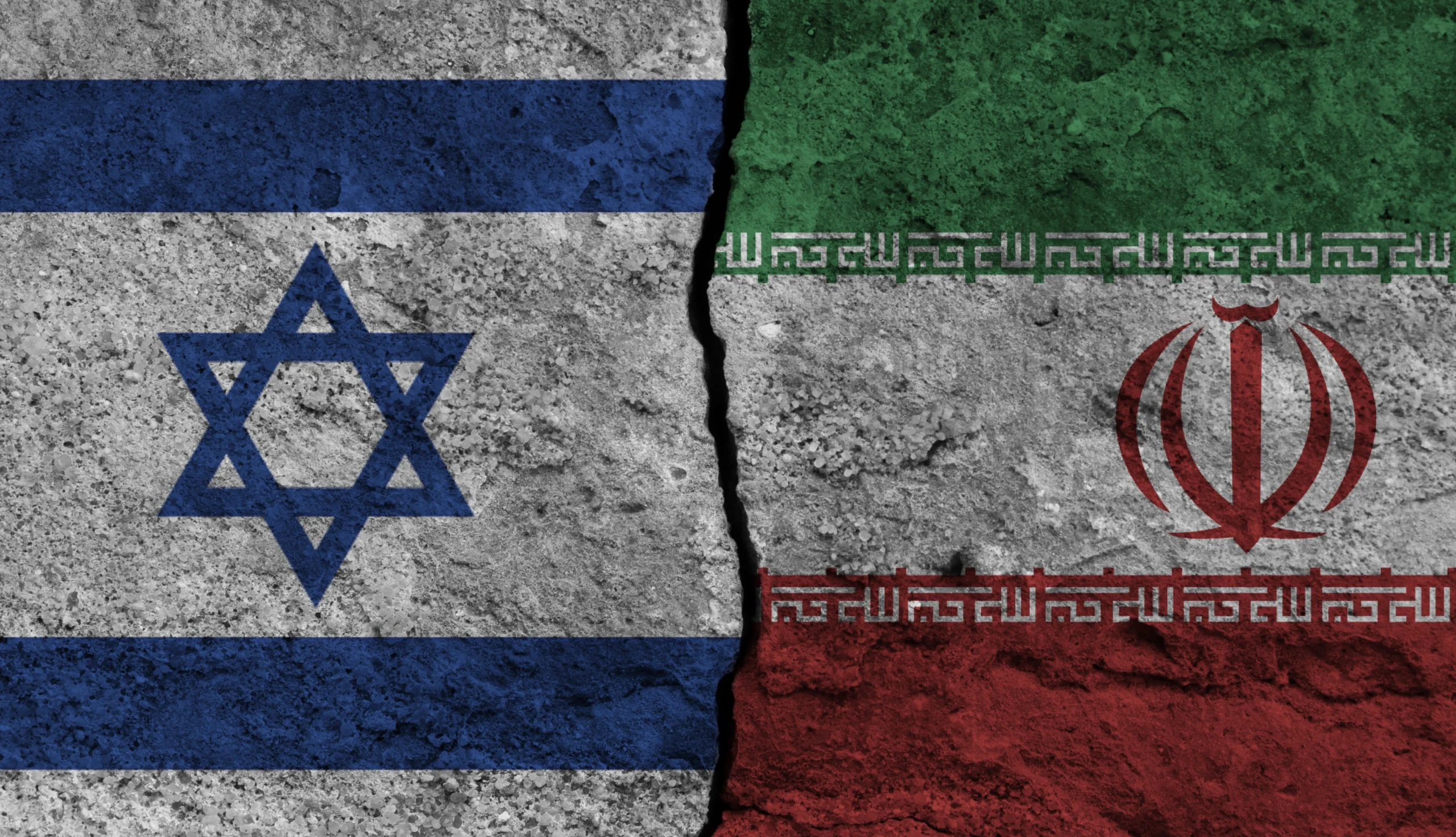Barrister Naveed Ahmed Qazi
In recent years, Pakistan has seen a disturbing trend of using the legal system as a tool to swiftly eliminate political opponents through what is commonly referred to as lawfare. This practice, in which the law is weaponized for political gain, makes a mockery of the judicial system, particularly when millions of Pakistanis struggle for years to receive justice in courts. One glaring example of this disturbing trend is the recent case of former Gilgit-Baltistan Chief Minister Khalid Khurshid Khan, whose conviction in an antiterrorism court for allegedly “threatening security institutions” highlights the perils of using legal tactics to suppress dissent. This case underscores the misuse of the law to punish political figures in ways that far exceed the gravity of their alleged crimes, all while the general public continues to face severe delays in their own legal battles.
Khalid Khurshid Khan’s Conviction: A Clear Example of Lawfare
Khalid Khurshid Khan, a member of the Pakistan Tehreek-e-Insaf (PTI) party, was sentenced to an astonishing 34 years in prison, alongside a hefty fine, for allegedly making threatening remarks against state institutions. The punishment, which is more severe than a typical life sentence in Pakistan, was handed down by a local antiterrorism court following a speech Mr. Khan made in Gilgit. This sentence is not only controversial because of its extreme length but also because it stems from an act that, on its face, does not warrant such a draconian punishment.
In his defense, Mr. Khan issued a video statement explaining that his comments were directed at what he described as undemocratic actions taken by state functionaries to remove him from office. He further contended that his speech was an expression of legitimate political dissent rather than a direct threat to the state. Despite these clarifications, the court proceeded with a harsh sentence that raised serious questions about the application of the law, particularly the antiterrorism law, in this case.
The antiterrorism law, by its very nature, is intended to address violent extremism and threats that endanger national security. To use it to prosecute a politician for making controversial statements against the government seems to be an overreach, casting doubt on the fairness and impartiality of the legal process. Mr. Khan’s punishment appears to be an attempt to silence dissent and intimidate opposition figures rather than a genuine response to any real security threat.
Disproportionate Sentences and Political Persecution
The severity of Mr. Khan’s sentence raises significant concerns about the fairness of the legal system in Pakistan. At 34 years in prison, his punishment far exceeds the duration typically handed out for life sentences in the country, which are usually capped at 25 years. The fact that such an extreme sentence was handed down for what many would argue is a relatively minor offense demonstrates the growing trend of political persecution under the guise of legal proceedings.
While it is true that politicians and public figures often make inflammatory or controversial statements, the application of antiterrorism laws to these utterances is highly questionable. The law should not be used to target individuals who are exercising their right to free speech, particularly when their words do not incite violence or pose a genuine threat to national security. Unfortunately, this trend is not new in Pakistan, where the legal system has frequently been used to silence political critics and opponents.
Ironically, those who are truly involved in terrorism, violence, and promoting hate often manage to evade prosecution, highlighting the selective enforcement of laws. Meanwhile, political opponents of the government face harsh and often disproportionate penalties for less serious offenses. This creates an environment where political figures are targeted for their views, and the legal system is seen as an instrument of state power rather than a means of delivering justice.
Pl watch the video and subscribe to the YouTube channel of republicpolicy.com
Lawfare: A Long-Standing Issue in Pakistan’s Political Landscape
The use of lawfare in Pakistan is not a recent phenomenon; it has deep roots in the country’s political history. Many prominent political figures have faced charges of being “anti-national” or involved in activities deemed harmful to the state. In the past, such accusations have been used to marginalize and eliminate political rivals, and the case of Khalid Khurshid Khan is merely the latest example of this troubling pattern.
This selective use of the legal system not only undermines the principles of justice but also exacerbates political polarization in the country. By using lawfare to punish political opponents, the state effectively stifles free speech and democratic debate. It sends a message that dissent will not be tolerated and that those who challenge the government’s policies or actions will face severe consequences, regardless of the legality of their actions.
The unfortunate reality is that lawfare undermines public trust in the legal system and weakens the foundations of democracy. When the courts become tools of political repression, they lose their credibility as independent institutions of justice. This creates a dangerous precedent where the legal system no longer serves as a safeguard for citizens’ rights but instead becomes an instrument of political power.
The Role of the Judiciary: Ensuring Fairness and Justice
In the case of Mr. Khan, the fact that he was not present for his trial, and his whereabouts remain unknown, raises serious concerns about the transparency and fairness of the proceedings. While Mr. Khan has the right to appeal his conviction before the higher judiciary in Gilgit-Baltistan, the process remains inherently flawed if the legal system is being used as a political tool rather than an impartial adjudicator of justice.
The judiciary must be vigilant in ensuring that the law is applied equitably and that individuals are not unjustly persecuted for their political views. In order for the rule of law to hold any meaning, the courts must act independently and resist being co-opted into the service of political agendas. A fair and transparent legal system is essential to the functioning of any democracy, and Pakistan’s judiciary must demonstrate its commitment to justice by carefully reviewing cases that involve politically motivated charges.
Public Confidence in the Legal System
One of the most concerning aspects of the growing trend of lawfare is its impact on public confidence in the legal system. When citizens see the legal system being used to target political opponents rather than deliver justice, it erodes trust in the rule of law. This diminishes people’s belief in the fairness of the judicial system and undermines their faith in the country’s governance structures.
For Pakistan to move forward and establish a truly just society, it is crucial that the legal system is reformed to prevent its abuse for political purposes. Political opponents should not have to fear retribution through the legal system, and the courts must ensure that they operate impartially and without bias. Only by restoring confidence in the judiciary can Pakistan hope to build a society where justice prevails, and the rights of all citizens are protected.
Conclusion: Reconsidering the Use of Lawfare
The conviction of Khalid Khurshid Khan is a stark reminder of how the legal system in Pakistan can be used as a tool to suppress political opposition and silence dissent. Lawfare, the use of legal mechanisms for political purposes, has no place in a democratic society, where free speech and political participation should be protected. The use of antiterrorism laws to target political figures for their speech is a dangerous precedent that undermines the rule of law and threatens the foundations of democracy. If Pakistan is to move towards a more just and equitable society, it must reconsider the use of lawfare and ensure that its legal system serves the cause of justice, not political repression.
















